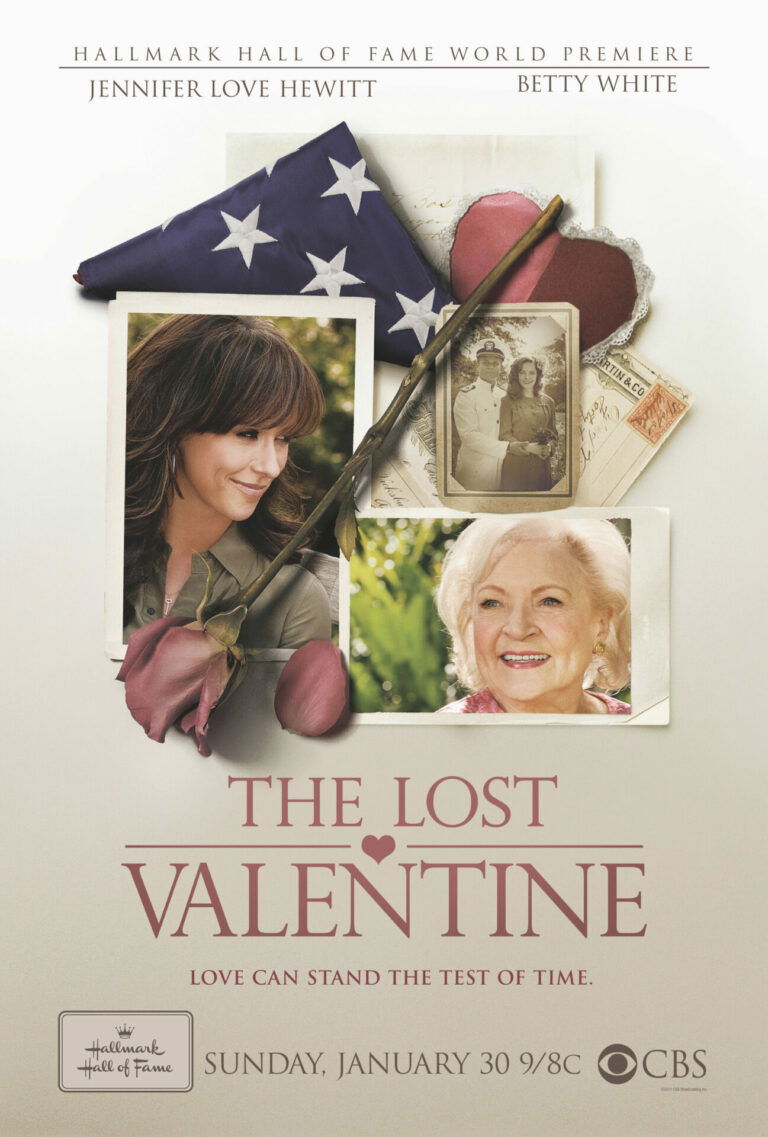
Oscars Release New PC Representation and Inclusion Standards for Best “Identity PC” Picture Eligibility
By Ted Baehr, Movieguide® Publisher
Tom Snyder, Editor and Allyson Vannatta, Senior Writer
The Academy of Motion Picture Arts and Sciences rejected the last pretense of selecting the best movies and filmmakers by announcing new identity biased and politically correct representation and inclusion requirements that have to be met to be eligible to win best picture.
Starting in 2024, to win an Oscar for best politically correct picture, the movie will have to meet two out of the four standards outlined by the Academy.
To be eligible for the best picture award over the next two awards seasons, 2022 and 2023, the movie has to submit a confidential Academy Inclusion Standards form harkening back to the dark days of the Leninist repression, Variety reports.
A press release obtained by Fox News describes how the new standards were developed.
“Academy governors DeVon Franklin and Jim Gianopulos headed a task force to develop the standards that were created from a template inspired by the British Film Institute (BFI) Diversity Standards used for certain funding eligibility in the UK and eligibility in some categories of the British Academy of Film and Television (BAFTA) Awards, but were adapted to serve the specific needs of the Academy. The Academy also consulted with the Producers Guild of America (PGA), as it presently does for Oscars eligibility.”
The four standards are outlined below.
The first standard is On-Screen Representation, Themes and Narratives. One of the following criteria must be met to fulfill this standard.
- “At least one of the lead actors or significant supporting actors is from an underrepresented racial or ethnic group.”
- The groups include Asian, Hispanic/Latinx, Black/African American, Indigenous/Native American/Alaskan Native, Middle Eastern/North African, Native Hawaiian or other Pacific Islander, Other underrepresented race or ethnicity
- “At least 30% of all actors in secondary and more minor roles are from at least two of the following underrepresented groups.”
- The groups include women, racial or ethnic, “LGBTQ+,” people with cognitive or physical disabilities, or who are deaf or hard of hearing.
- Finally, the main storyline or theme is focused on a underrepresented group.
- The groups include women, racial or ethnic, LGBTQ+, people with cognitive or physical disabilities, or who are deaf or hard of hearing.
The second standard is Creative Leadership and Project Team. Just like the first standard, one of the criteria below must be met to fulfill the standard.
- At least “two of the following creative leadership positions and department heads are from underrepresented groups.”
- The positions include Casting Director, Cinematographer, Composer, Costume Designer, Director, Editor, Hairstylist, Makeup Artist, Producer, Production Designer, Set Decorator, Sound, FX Supervisor, or Writer.
- Of the positions above, at least one must be held by an underrepresented racial or ethnic group.
- At least six other crew members or technical positions, like first AD and gaffer, are held by underrepresented racial or ethnic groups.
- Finally, at least 30 percent of the crew are from underrepresented groups.
- The groups include women, racial or ethnic, LGBTQ+, people with cognitive or physical disabilities, or who are deaf or hard of hearing.
The third standard is Industry Access and Opportunities. Both of the criteria below have to be met to fulfill the standard.
- “The major studios/distributors are required to have substantive, ongoing paid apprenticeships/internships inclusive of underrepresented groups (must also include racial or ethnic groups) in most of the following departments: production/development, physical production, post-production, music, VFX, acquisitions, business affairs, distribution, marketing and publicity. The mini-major or independent studios/distributors must have a minimum of two apprentices/interns from the above underrepresented groups (at least one from an underrepresented racial or ethnic group) in at least one of the following departments: production/development, physical production, post-production, music, VFX, acquisitions, business affairs, distribution, marketing and publicity.”
- “The film’s production, distribution and/or financing company offers training and/or work opportunities for below-the-line skill development to people from the following underrepresented groups: Women, racial or ethnic, LGBTQ+, people with cognitive or physical disabilities, or who are deaf or hard of hearing.”
- The positions must be held by the underrepresented groups of women, racial or ethnic, LGBTQ+, people with cognitive or physical disabilities, or who are deaf or hard of hearing.
The last standard is Audience Development, where the single criterion must be met to fulfill the standard.
- “The studio and/or film company has multiple in-house senior executives from among the following underrepresented groups (must include individuals from underrepresented racial or ethnic groups) on their marketing, publicity, and/or distribution teams.”
- The groups include women, Racial or ethnic group: Asian, Hispanic/Latinx, Black/African American, Indigenous/Native American/Alaskan Native, Middle Eastern/North African, Native Hawaiian or other Pacific Islander, Other underrepresented race or ethnicity, LGBTQ+, People with cognitive or physical disabilities, or who are deaf or hard of hearing.
All other categories have the same eligibility requirements. However, the categories of animated feature, documentary feature and international feature will have separate requirements.
Of course, this Neo-Marxist, politically correct quota system rejects real standards that reflect real art and real entertainment. It also neglects many under-represented groups in the Entertainment Industry.
Even worse, perhaps, these criteria will hobble the freedom of the filmmakers. They also ignore the desires of moviegoers, as reported year after year in MOVIEGUIDE®’s Annual Report to the Entertainment Industry.
For example, the Annual Report’s comprehensive box office and content analysis of the major theatrical movie releases shows that movies with strong Christian, redemptive content earn 250% to 600% more money than movies with strong Non-Christian or Anti-Christian content. Also, each year, 70 to 90 percent of the Top 10 Movies at the Domestic Box Office and Overseas have strong Christian, redemptive, biblical, and/or moral content.
Moviegoers don’t just prefer movies with Christian, biblical or moral values, they also prefer movies with strong pro-capitalist and patriotic content and values supporting American ideals.
For example, in the last three years, MOVIEGUIDE®’s Annual Report that movies with strong conservative, pro-capitalist and patriotic content and values supporting American ideals averaged more than $78.46 million per movie, which was 318% more than movies with string liberal/leftist content and values, which averaged less than $18.76 million per movie.
So, maybe the Academy of Motion Pictures Arts and Sciences should look into making sure that some of its Best Picture nominees contain some Christian, biblical and conservative values. For example, since about 70% of Americans identify as Christians, maybe 70% of all Best Picture nominees should have positive references to Jesus Christ, the New Testament documents or a positive depiction of a Christian clergyman.
Questions or comments? Please write to us here.


 - Content:
- Content: 

